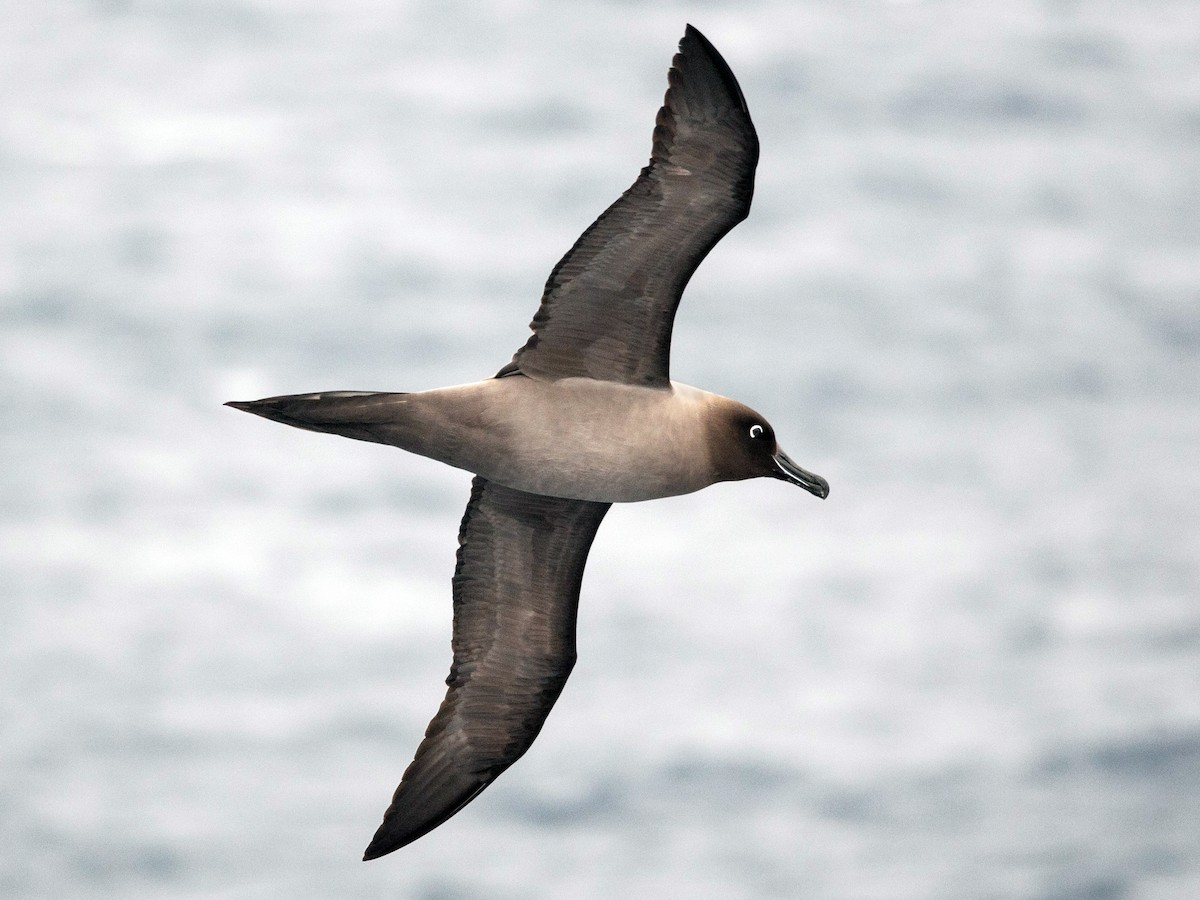Important Facts For Prelims
Light-Mantled Albatross
- 27 Jul 2022
- 2 min read
Why in News?
Recently Light-mantled Albatross, a species native to the Antarctic seas, was recorded in Tamil Nadu.
What are the Findings?
- The location where the Albatross was spotted is part of the Palk Bay and near the Gulf of Mannar, an ‘Important Bird Area’ on India’s southeast coast.
- This record from the Palk Bay side of Rameswaram island is significant, and it throws up new challenges to researchers once these Antarctic birds migrate to Asia.
- This finding also directs researchers to look for bird migration away from the well-known and established routes and sites.
- As the nearest recorded site of the bird is around 5,000 km away from Rameswaram, a change in atmospheric pressure may be among the reasons for the Albatross to land on an Indian shore.
What is a Light-mantled Albatross?
- Scientific Name: Phoebetria palpebrate
- About:
- Also, known as the grey-mantled albatross or the light-mantled sooty albatross.
- Light-mantled albatrosses spend most of their lives in flight. A juvenile may spend many years at sea before returning to breed.
- The Light-mantled Albatross, with broad pelagic habits, maintains a circumpolar distribution in the Southern Ocean.
- Appearance:
- Ash coloured with darker areas around the head and lighter areas across the back and wingtips.
- Distinctive white stripe immediately above the eye.
- Population:
- A worldwide population of 21,600 breeding pairs, according to an estimate in 1998.
- Protection:
- IUCN Red List: Near Threatened







